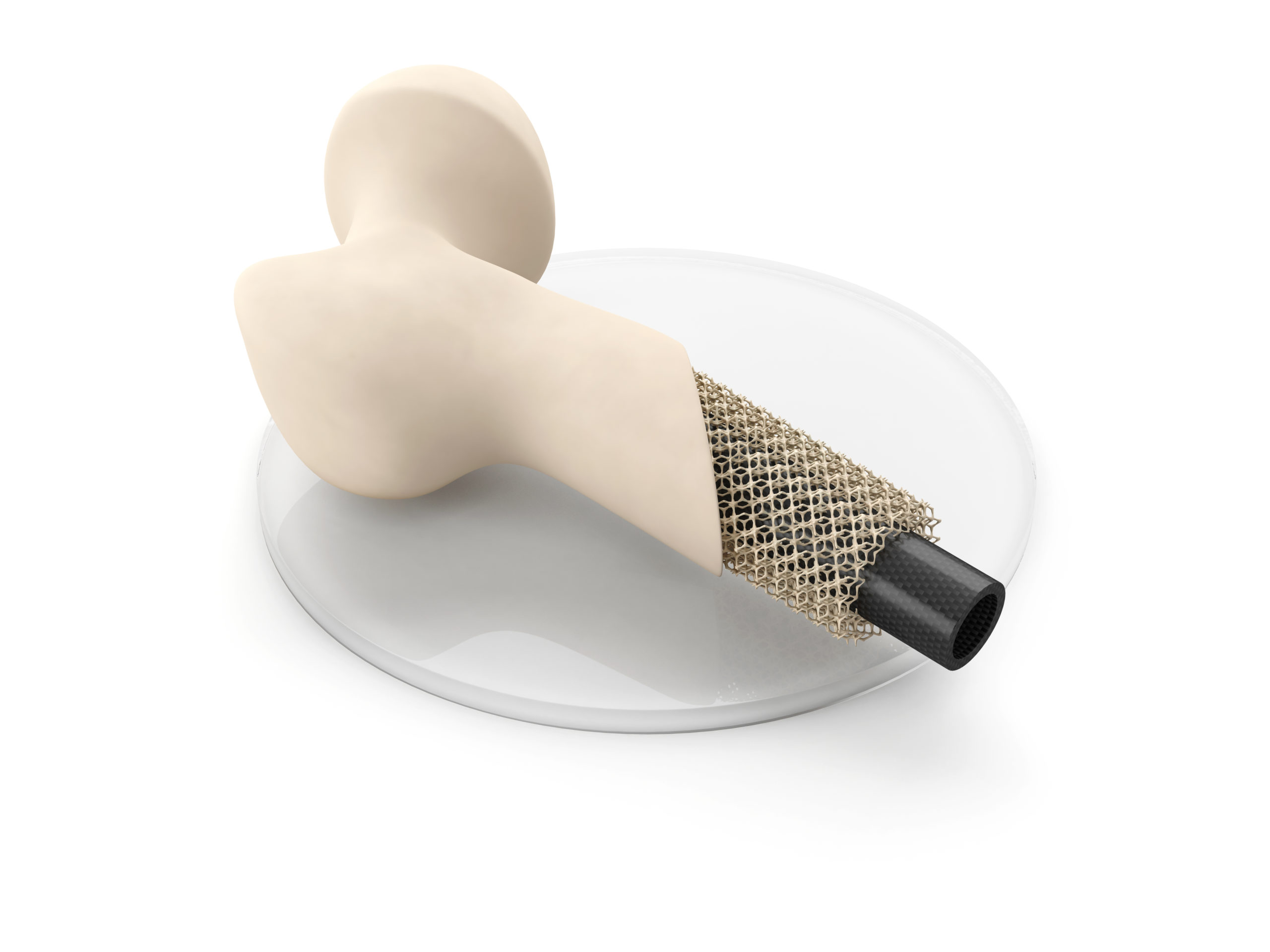Plasma treatment of medical-grade polymers is a technique which is used to enhance their wettability as they are often challenging to print on and bond to because they have extremely low surface energy. Specialized plasma sampling mass spectrometers and Langmuir probes manufactured by Hiden assist the manufacture of plasma-modified medical-grade polymers by offering comprehensive plasma characterization.
What are Medical Grade Polymers?
Polymers are a critical component in modern medicine and are used in a range of applications for biomedical devices and drug delivery systems. Their use is due to their ease of manufacture, low cost, chemical stability and good mechanical properties. They must comply with global manufacturing regulations and their consistent properties allow for reliable performance.

In recent years, the use of medical-grade polymers in living tissue has increased. This is primarily due to improvements in biocompatibility using plasma surface modification.
The Benefits of Plasma Treatment
Plasma treatment of medical-grade polymers allows for the alteration of the surfaces of polymers whilst the material is left intact. There is a range of modifications that can be made using plasma treatment, namely:
- Enhancing the strength and durability of polymers and modifying other mechanical properties by enhancing crosslinking in the polymer surface with inert gas plasma.
- Using plasma etching to form microscale roughness to help cell adhesion and wettability.
- Employing reactive gas plasmas which have substances such as ammonia, sulfur hexafluoride, nitrogen, ammonia and oxygen added to introduce functional groups to the surface of the polymer.
Plasma treatment has allowed for the construction of surfaces that have the ability to release drugs in a controlled manner as well as tissue engineering scaffolds and medical devices which are highly biocompatible for blood-contacting applications.
The precise classification of physiochemical processes in surface treatment is what emerging research into plasma treatment methods for medical-grade polymers is focused upon.
For many medical device manufacturers, using plasma treatment or plasma-applied coatings can be critical in the development of new products and also upgrading legacy medical devices under updated guidelines. Because of this, plasma treatment is becoming widely used in the industry for products such as pacemakers, catheters, and implantable defibrillators.
Plasma Treatment from Hiden Analytical
The Hiden EQP system mass and energy quadrupole mass spectrometer has been built specifically for the research of plasmas used in the treatment of medical-grade polymers. This plasma treatment system is well-suited to be used in the development of plasma surface treatments for medical-grade polymers due to its ability to offer precise analysis of plasmas and species which have evolved from medical polymer surfaces throughout plasma surface functionalization.
Hidden plasma probes quantify many of the key plasma parameters and offer precise and detailed information with respect to plasma reaction chemistry. Thus allowing detailed comprehension of the reaction of kinetics of plasma ions and neutral species, vital in the development of advanced surface engineering processes.
If you would like to find out more about our plasma treatment options, contact us today for more information.

